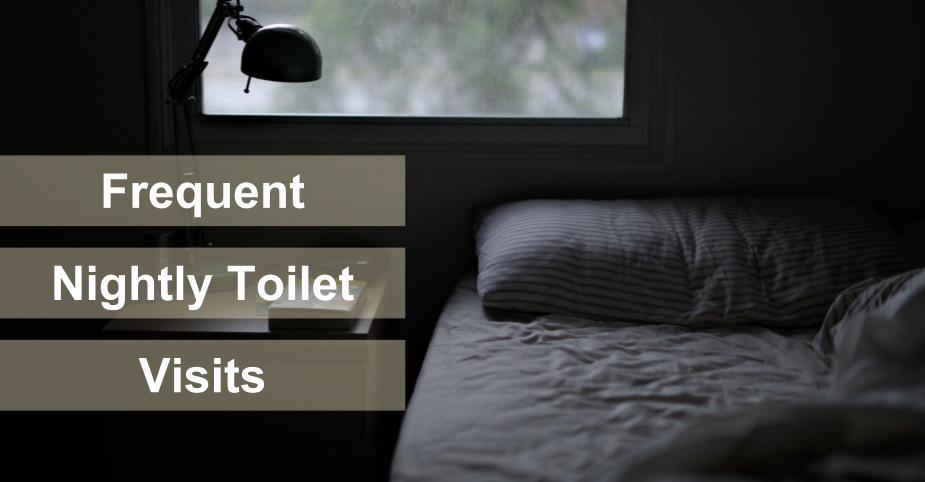One in three adults over the age of 30 makes at least two trips to the bathroom every night. The condition is called nocturia.
While the majority of those who are dealing with nocturia are usually over the age of 60, it can happen at any age.
Who Suffer from Nocturia
Women, generally experience nocturia after childbirth, menopause, or pelvic organ prolapse; while in men, it can be directly attributed to an enlarged prostate.
Types of Nocturia
Nocturnal Polyuria - This occurs when there is an overproduction of urine at night. According to the International Continence Society, this type of nocturia is defined by a nighttime urine volume that is greater than 20-30% of the total 24-hour urine volume.
Global Polyuria - is a form of nocturia defined by both day and nighttime urine overproduction.
Treatments for Nocturia
Nocturia has only been recently researched in more depth which means treatment options are currently limited. They will also depend on the diagnosis and any underlying causes.
The Therapeutic Goods Administration (TGA) has recently approved a new treatment for night-time urine overproduction for use in Australia.
Trials have found that the medication lengthened the first uninterrupted sleep period and improved quality of life.
Pharmaceutical Therapy
The medication's active ingredient works in the kidney as an anti-diuretic. This reduces the amount of urine produced. It is available in low-dose, gender-specific sublingual wafers, enabling a personalised medicine approach for men and women.
Your Next Step
If you are experiencing nocturia it may be the underlying causes may benefit from further investigation.
Dr Alexander can offer advice on a possible diagnosis, further investigations and suitable treatment. Arrange an appointment now for peace of mind and body.
We would advise that you see your general practitioner and possibly obtain a referral to see Dr Alexander at www.alexalexander.com.au


